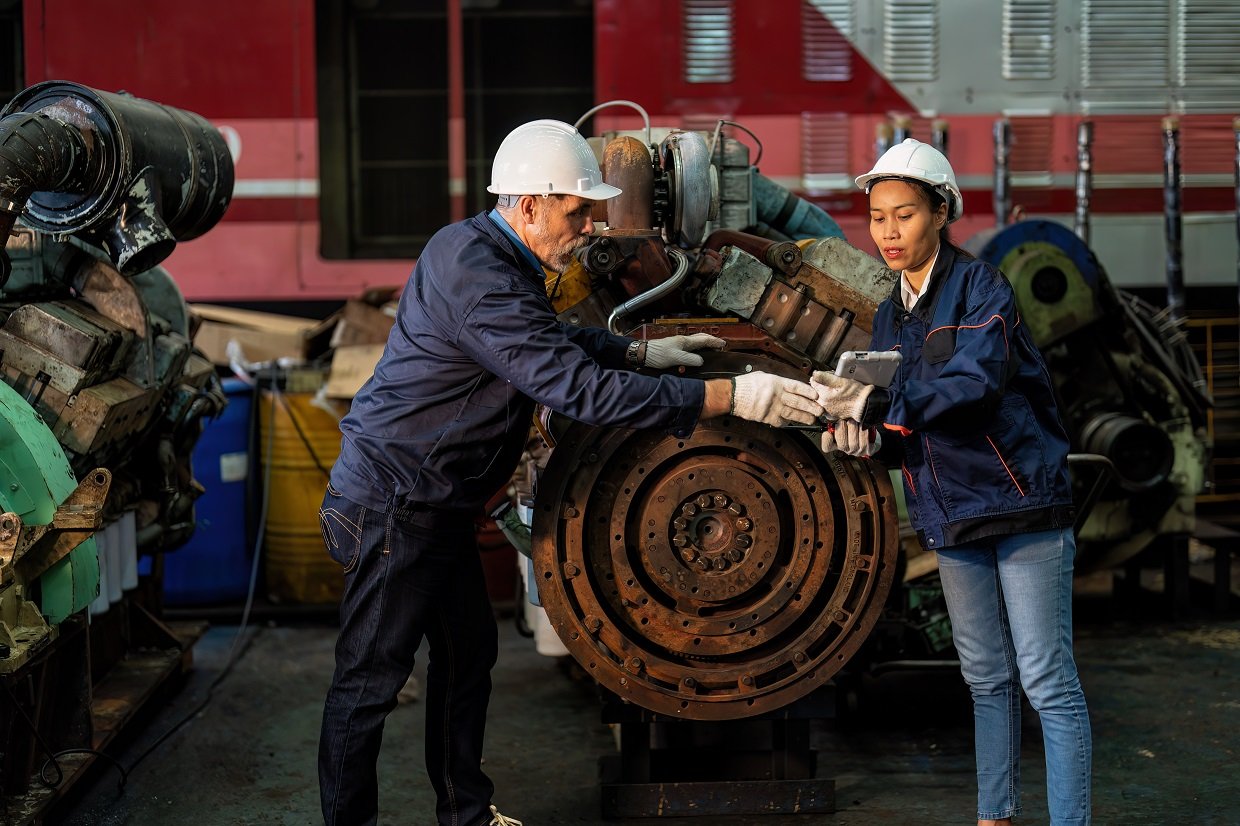Introduction
Fats, oils, and grease (FOG) are common byproducts of cooking and food preparation, often washed down the drain without much thought. However, FOG can cause significant environmental and infrastructural problems. In this blog, we’ll explore the impact of FOG on our environment and the importance of preventing its accumulation.
What is FOG?
FOG consists of fats, oils, and grease from animal and plant sources. When washed into the drainage system, these substances solidify, causing blockages in pipes and sewer systems. Common sources include cooking oil, butter, and food scraps.
Environmental Consequences
- Water Pollution: FOG can block oxygen transfer in water, harming aquatic life.
- Sewer Blockages: Solidified FOG leads to sewer overflows, causing health hazards and environmental contamination.
- Increased Costs: Municipalities spend millions on maintenance to clear FOG-induced blockages.
Why Prevention Matters
Preventing FOG buildup protects the environment, reduces maintenance costs, and ensures compliance with regulations. It’s more effective to prevent FOG from entering the system than dealing with its consequences.
How FOGWASH Helps
FOGWASH offers innovative solutions to manage FOG efficiently. Our technology prevents buildup in homes, businesses, and communities, contributing to a cleaner and more sustainable environment.
Conclusion
FOG has a significant impact on the environment, but prevention can mitigate these effects. By adopting proper FOG management practices, we can protect ecosystems and reduce maintenance costs.


